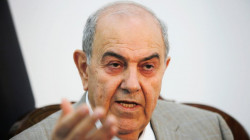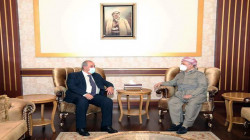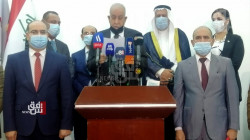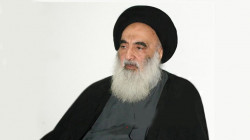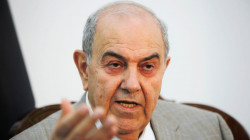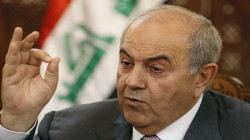Allawi criticizes issuing a travel ban against Finance Minister
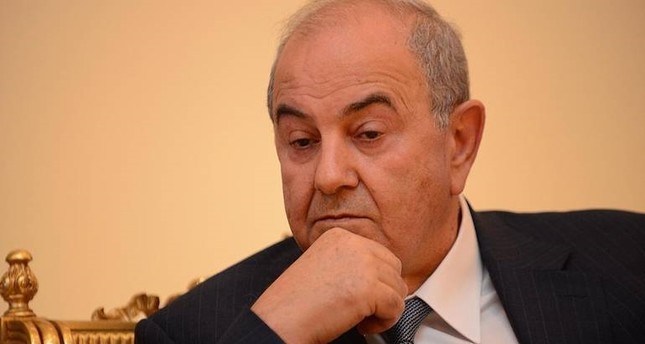
Shafaq News / The head of the Iraqi National Accord, Ayad Allawi, criticized the Iraqi Parliament's decision to issue a travel ban against Finance Minister, Ali Abdulamir Allawi.
Allawi said in a statement today, "The change in dollar's exchange rate against the Dinar followed serious talks with all the Parliamentary blocs that were part of the government, so trying to run away from the responsibility of taking such a decision, and blaming someone else for it, is not a trick that the Iraqi people will fall for."
"Travel bans are usually issued by the judiciary against convicts and suspects in corruption or crime cases", he said, noting that such decisions must not be issued according to mood swings and personal interests, and will never affect "honest" people like minister Allawi, "especially that he asked the Parliament Speaker to hold a voting session to grant him confidence and allow him to have a speech about the economy and the dollar's exchange rate."
The Iraqi parliament convened yesterday, Saturday, to deliberate the reverberations of the local currency's devaluation against the Iraqi dinar. The session was intended to be held in the presence of the Finance Minister, Ali Abdul-Amir Allawi, and the Governor of the Central Bank of Iraq (CBI), Mustafa Ghaleb Makhif. However, only the latter appeared.
The Deputy Parliament Speaker, Hakem al-Zameli, who headed the meeting, instructed the Iraqi government to address the negative impacts of the devaluation; otherwise, the parliament will step up to take the initiative per the terms of references granted to it per the constitution.
Independent MP Basem Khashan said in a post he shared on Facebook, "Most political parties endorsed the devaluation. The budget bill that validated the current exchange rate was approved by the majority of the blocs. While the rate was raised, the government did not take any step to compensate for the huge losses in the salaries of the employees, workers, and poor people."
"It is okay for the parties to make up their minds about raising the dollar's exchange rate. However, they shall translate the change by the correct constitutional and democratic means," he added.
Last week, the leader of the Sadrist movement, Muqtada al-Sadr, cracked a list of recommendations he believes it might contribute to leaching the volatile exchange rate of the U.S. dollar against the Iraqi dinar.
The hand-written list shared by the firebrand Shiite cleric included summoning the minister of finance and the governor of the Central Bank of Iraq "Immediately".
Al-Sadr called for halting currency smuggling by force, organizing and centralizing the currency market, and enacting laws that boost the national currency.
The Sadrist leader called for scrutinizing the activity of some banks that belong to "persons controlling the currency like al-Sharq al-Awsat (the Middle East), al-Qabedh, and al-Ansari, and other private banks," and "dealing firmly with the banks affiliated with some political parties controlling the people and the land."
Yesterday, al-Sadr said in a tweet that the Iraqi citizens shall not be burdened by the downsides of the dinar devaluation, calling on the Iraqi government to take firm steps to curb the rise of prices.
"Raising the exchange rate of the dollar, regardless of its upsides and downsides, shall not bring the prices of the commodities, particularly the basic ones, higher," al-Sadr tweeted.
Al-Sadr called for holding the traders who tamper with the prices of the goods accountable, "particularly, with the holy month of Ramadan around the corner."
According to a statement by the parliament's presidium, al-Sadr's recommendations prompted the summoning of Makhif and Allawi.
